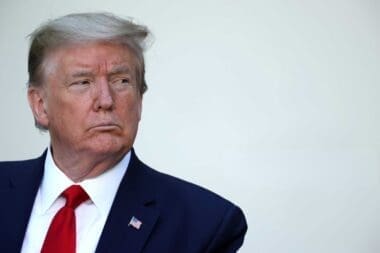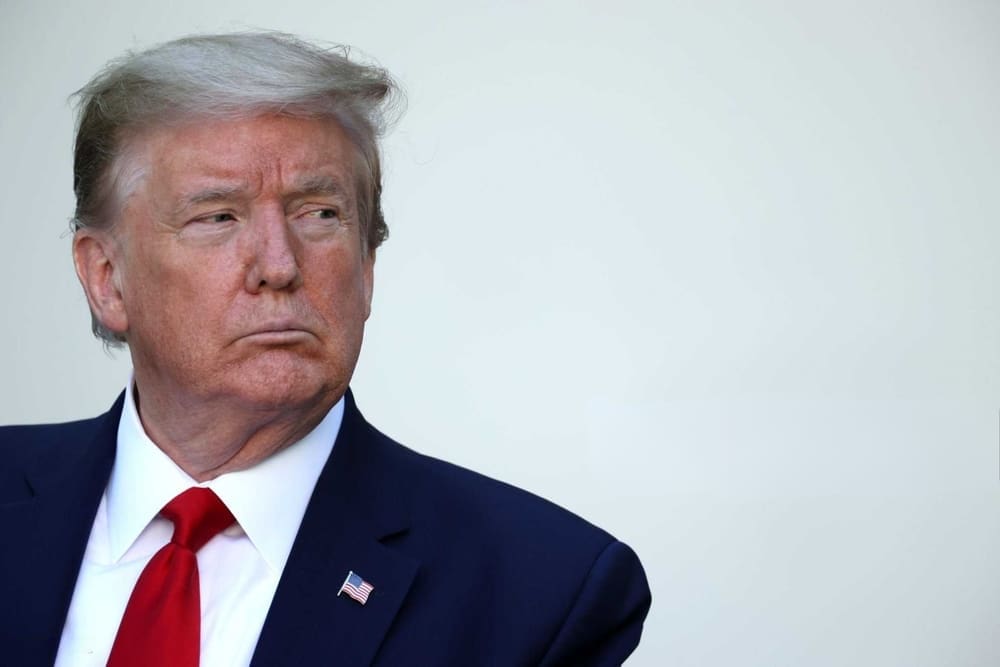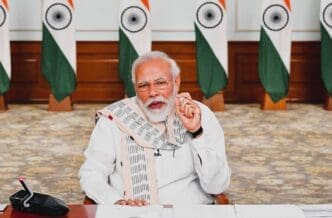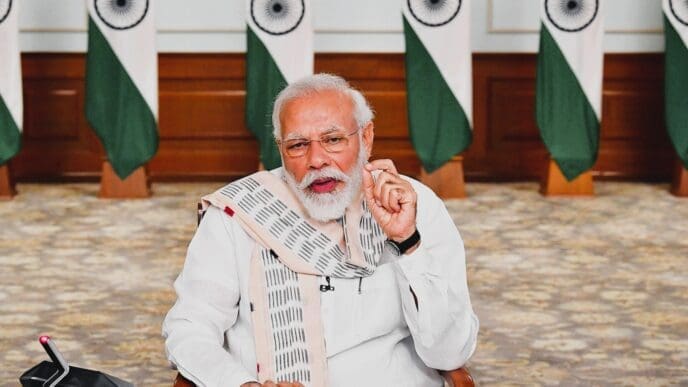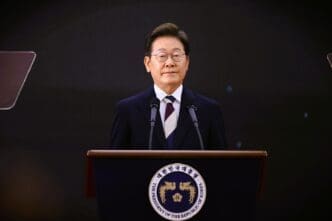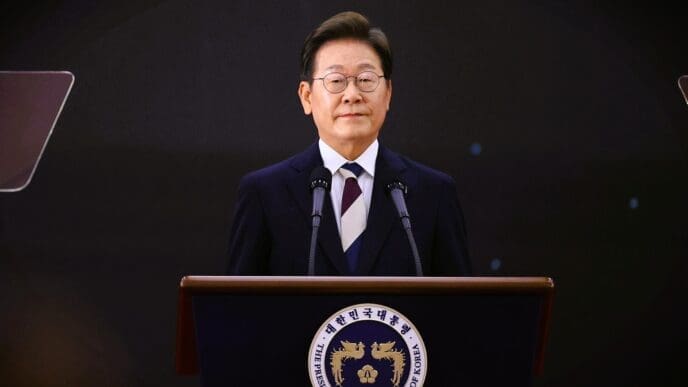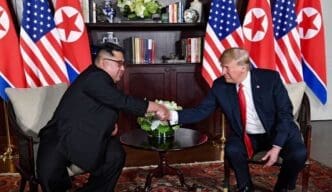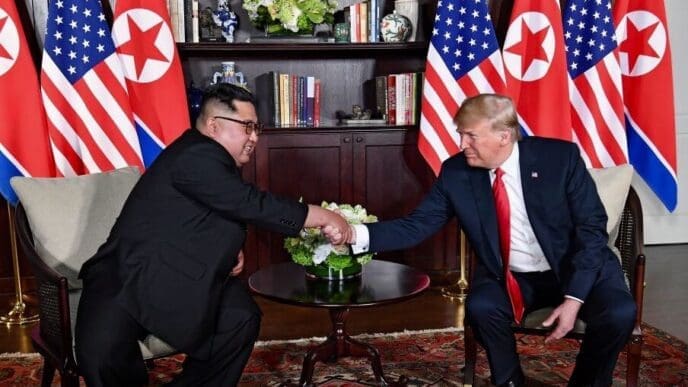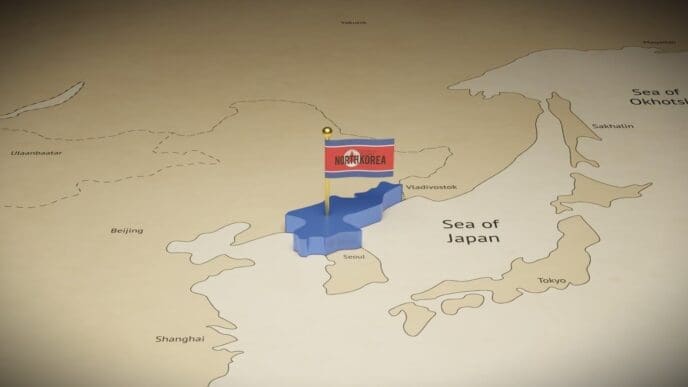The long-celebrated “special relationship” between the United States and the United Kingdom faces uncertainty under the second term of President Donald Trump. As Trump considers imposing tariffs on neighboring countries, buying Greenland, and suggesting US intervention in Gaza, Prime Minister Keir Starmer’s UK government is preparing for turbulent transatlantic relations.
The term ‘special relationship,’ first coined by Winston Churchill post-World War II, has characterized the bond between the UK and the US. Yet, under Trump’s administration, the UK may find itself settling for a merely functional relationship with its key ally.
Kathleen Burk, professor emerita at University College London, highlights the unusual nature of current events, stating, “We’re in such uncharted waters that anyone who claims to know what’s going on is simply lying.”
In the coming weeks, Prime Minister Starmer plans to visit Washington, though an invitation from Trump is still pending. Meanwhile, the UK’s new ambassador to Washington, Peter Mandelson, faces the challenge of bridging political divides. Mandelson, a significant figure in the UK’s Labour Party, once called Trump a “danger to the world,” a remark he now regrets as “reckless and wrong.” Some analysts view Mandelson’s appointment as strategic given his substantial political acumen and connections.
Apart from diplomatic efforts, the UK intends to leverage the royal family’s influence in fostering relations with the US. Trump, whose Scottish heritage and admiration for British royalty are well-known, is anticipated to return to the UK for visits filled with ceremonial grandeur.
Some right-wing politicians in the UK see Trump’s potential return as an opportunity to forge deeper trade connections, possibly culminating in a long-sought free trade agreement. Such discussions began after the UK’s departure from the EU in 2020 but faltered over issues like agricultural imports. Starmer aims to balance this ambition with efforts to connect more closely with the EU, highlighting the UK’s tricky position between the two economic giants.
The UK also faces pressure from Trump regarding defense spending. Trump has long questioned NATO’s value and pushed allies to increase their defense budgets. The UK’s defense spending, currently at 2.3% of GDP, may rise to 2.5% to appease US demands.
British support for Ukraine in its conflict with Russia remains steadfast, conflicting with Trump’s ambiguous stance. UK diplomatic and intelligence officials closely monitor the implications of US policy shifts, particularly concerning intelligence sharing within the ‘Five Eyes’ alliance.
As the UK navigates these complex international dynamics, experts like Leslie Vinjamuri of Chatham House caution against choosing between the US and EU. Vinjamuri asserts that the UK must collaborate with both to maintain its strategic interests.
The coming years will test the UK’s longstanding skill in discreet diplomacy and pragmatic problem-solving. The government must prepare for unforeseen challenges arising from rapid changes in the US political landscape.
The UK’s navigation of these evolving US-UK relations is crucial to maintaining its international standing and economic stability. With both known and unknown factors in play, the UK must adapt and strategically engage with its key allies, ensuring it remains a pivotal player on the global stage.
